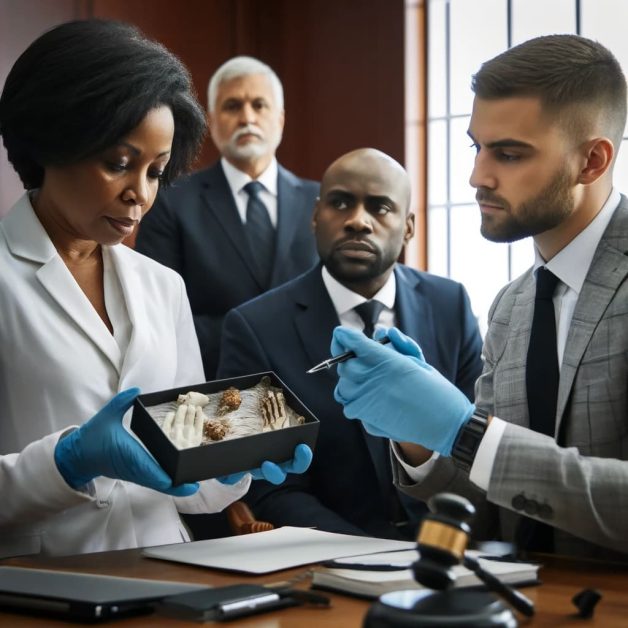Admissible evidence forms the cornerstone of legal proceedings, dictating the outcomes of trials by determining what information may be considered by the judge or jury. This essential guide delves deeper into the nature of admissible evidence, explaining the rules and principles that govern its use in courtrooms. By understanding these rules, legal professionals and individuals involved in legal disputes can better prepare for the complex dynamics of litigation.
Understanding Admissible Evidence
Admissible evidence includes any testimony, documentary material, or tangible evidence allowed in court to prove or disprove alleged facts in a case. The key criteria for evidence to be admissible are relevance, reliability, and sufficiency. This evidence must be pertinent to the case, deemed reliable, and sufficient to establish proof without being overly prejudicial, misleading, or confusing to the jurors.
The Rules of Evidence
The rules governing admissible evidence are detailed and structured to ensure fairness and justice in the legal process. These rules include:
- Relevance: Evidence must be directly related to the case. It should support or refute a fact critical to determining the case’s outcome.
- Materiality: The evidence must address an issue significant to the case’s outcome.
- Competence: This refers to the legal acceptability of evidence in court. For instance, hearsay typically is not admissible unless it meets an exception to the hearsay rule.
Types of Admissible Evidence
- Direct Evidence: This type directly proves a fact, such as eyewitness testimony, which provides a firsthand account of the events under dispute.
- Circumstantial Evidence: Also known as indirect evidence, it requires inference or presumption to establish a fact. For example, fingerprint evidence at a crime scene can suggest the presence of a suspect.
- Documentary Evidence: This encompasses any documents presented to support or dispute the facts. Emails, contracts, and photographs fall into this category.
- Physical Evidence: Also known as real evidence, this includes any physical objects used in the issue at hand, such as a weapon in a murder trial.
Exclusion of Evidence
Certain evidence is systematically excluded to protect the integrity of the judicial process and uphold the rights of the involved parties. Common grounds for exclusion include:
- Hearsay: Statements made outside the court used to assert the truth of the matter asserted are typically not admissible unless they fall under established exceptions.
- Privilege: Law protects certain relationships from forced disclosure in court, such as attorney-client, doctor-patient, and spousal communications.
- Irrelevance or Unfair Prejudice: Evidence that is not relevant, or that could unfairly prejudice the jury or judge, is excluded.
Practical Considerations and Challenges
Determining the admissibility of evidence can be complex. Legal professionals must not only prepare how to present their cases but also anticipate and counter challenges to their evidence. Pretrial motions often address these issues, and effective argumentation for or against the admissibility of evidence is a critical skill for litigators.
In practice, lawyers must be adept at identifying potential evidentiary issues long before a trial begins. This involves meticulous document review, witness preparation, and, often, consultations with forensic experts. The strategic use of evidence can define a case’s narrative, influencing both the judge and the jury’s perceptions and decisions.
Conclusión
Comprender pruebas admisibles is vital for anyone involved in legal proceedings. The ability to effectively gather, present, and challenge evidence can significantly influence the outcome of a trial. As legal standards evolve and new types of evidence, particularly with technological advancements, become prevalent, staying informed about the latest developments in evidence law is crucial for legal professionals.









